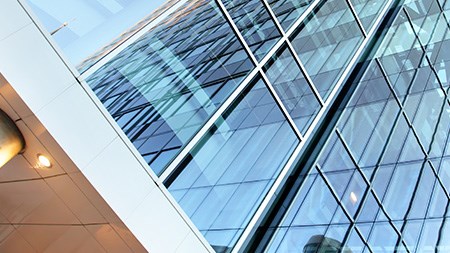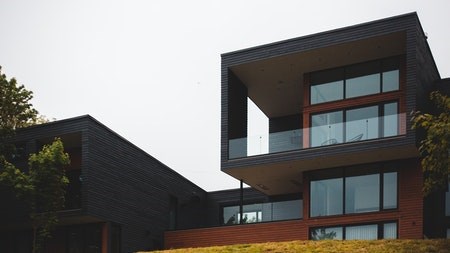From an intermediary’s perspective, the commercial property market has been relatively flat during 2014. The office space sector is currently at a national vacancy average of 14%, which is extremely high. This year there has been gravitation towards smaller sectional title office space for small and medium enterprises that have chosen to own their own offices. Movement in this sector next year will depend largely on what happens on the political front.
The poor economic outlook, extended strikes, lack of consistency and availability of electricity is resulting in little investment by businesses. In addition, lack of planning, maintenance of infrastructure, and corruption at all levels of government, are making businesses nervous about investing in the future. South Africa’s low anticipated growth rate means a decrease in demand for office space. Therefore, fewer new leases will be signed. Businesses seem reluctant to make long-term commitments. Therefore, fewer new leases will be signed. This means landlords that are heavily weighted in the office section will continue to go out of their way to do renewals, sometimes offering discounts. In light of this, not much churn (tenant movement) is anticipated.
It is expected there will be more downscaling in the office sector next year as demand increases for smaller premises. Mobile entrepreneurs and business centre set-ups, in the right areas, offering the right formula will be busy and in high demand.
Industrial performance
Industrial properties on the other hand are performing moderately well, a trend that is expected to continue into 2015. Industrial properties are currently running at a national vacancy average of 4%, which is average to low. Sectional title warehouse space is in high demand, and this is especially true for smaller business owners who want to be located close to corporate hubs or commercial nodes and residential areas. Good investment grade properties in the industrial space are in high demand and properties with sufficient power supply with good, long-standing tenants are particularly sought after. There is also a strong demand for smaller mini-units (measuring between 250 and 500 square metres) in secure sectional title parks.
It must be noted that infrastructure in the older industrial areas seems to be falling apart, and many areas are no longer secure. For this reason, investors purchasing in this space during 2015 must look towards units in secure sectional title parks. Newer, secure areas in Johannesburg, which are in high demand, include Strydom Park, Lazer Park, Linbro Park, Longmeadow and Greenstone.
Retail sector
The retail sector of the commercial property market has been performing moderately well, however, borderline groups will continue to be under pressure next year. Rural and neighbourhood shopping centres seem to be where the growth is at, and neighbourhood centres are expected to continue performing well into 2015.
As with any property purchase decision, due diligence needs to undertaken when purchasing a commercial property to ensure a viable investment. Commercial property usually requires a higher capital outlay than a residential property purchase, but can offer much higher returns should the investment be a prudent one. In this specialised market, investors will do well to work with a respected commercial property broker whom they can trust.


